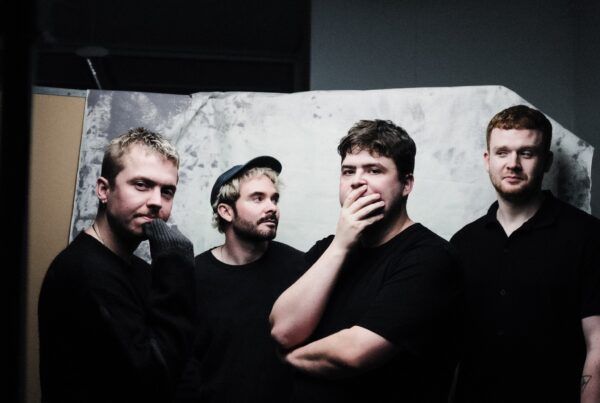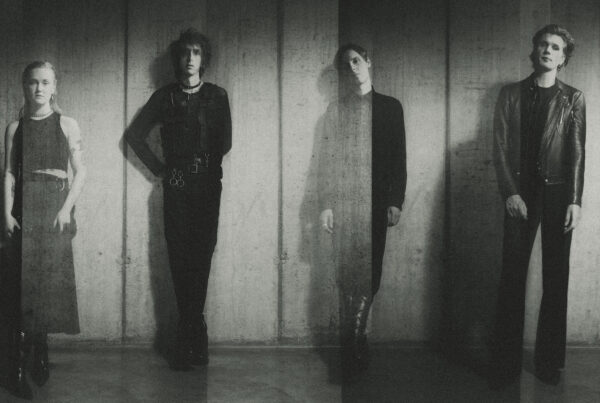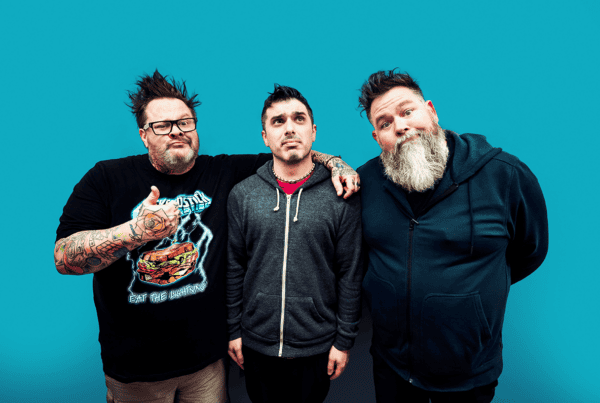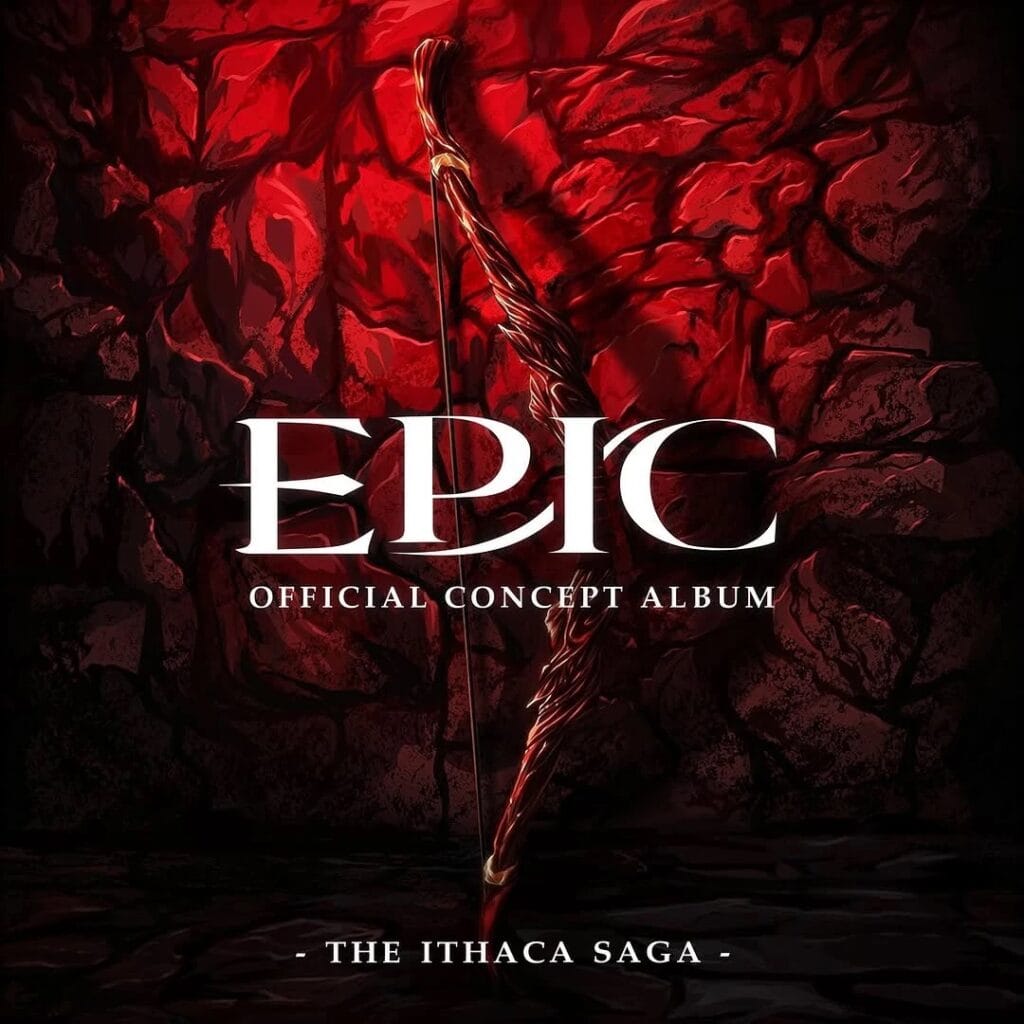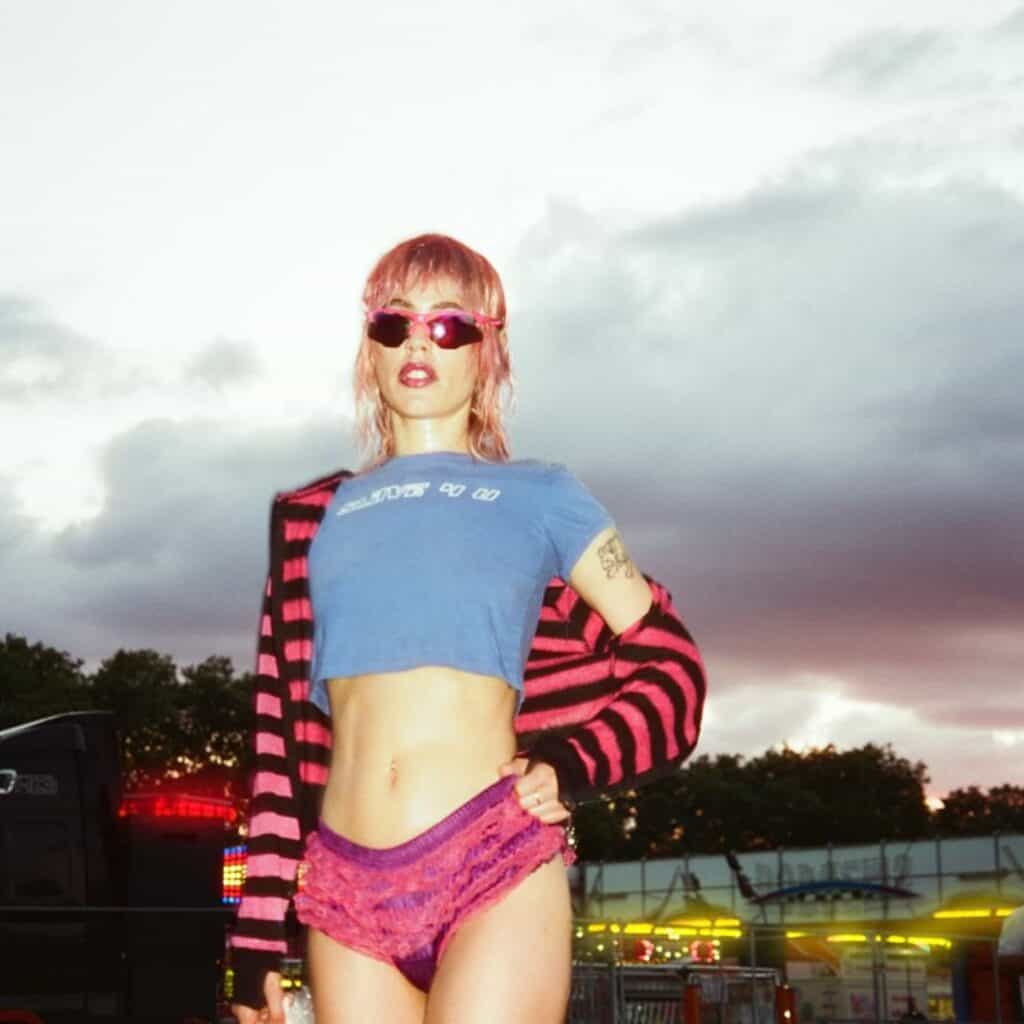There are people who have a worldliness to them; they are an index of experience, weathered with learning to walk the line between the good and bad and have learned to do it with conviction, wisdom and confidence. Perhaps the greatest thing about Soda, apart from being a self-described “Singer/Songwriter, Guitarist, Performer, Writer, Promoter, Artist…whatever”, is the fact that he has done it all, and the list of his achievements seems illimitable. The question is not “what has Soda done?”; the far more piquant question is “what hasn’t Soda done?”.
[like_to_read][/like_to_read]
“I am a cancer survivor now. We’ll mention that first thing, because that was definitely something I hadn’t done yet with my life. I never had to fight cancer before, so that was new.” This was the immediate response Soda gave to what he’d done since last year: markedly resilient and with the good nature of someone who had come through the other side of suffering. Everything, no matter how devastating it may be, is an experience to Soda. That attitude has served him well. “But aside from that I put out my own solo recording called Therapy Sessions. I did almost all of Therapy Sessions alone, which is good because up until that time in terms of writing and recording, I’ve always done it, but I’d go into a room and I’d rely on sound engineers to nail the quality. This time I recorded Therapy Sessions on my own computer in my home. I’d just bought a new house, and I used the house as part of the recording. All the rooms sounded a little different. I recorded most of the sounds in different parts of the house to get the sound of the room. When a house is empty it has a lonely sound to it. It was very DIY. I made limited edition copies of it, but it lives mainly digitally now. I haven’t been playing shows so much, which is okay, not to say that I don’t miss it because nothing beats performing on a stage. My day gig is working with children on enrichment programmes. But the most important thing to me was to stay busy, I just want to be happy, enjoy life and put positive things into the universe.
My friend listened to Therapy Sessions and he said ‘this sounds like a cry for help’ – and it’s not a cry for help at all, it’s just a very honest, stream-of-consciousness kind of thing that I did and I know that a lot of my work is kind of sad, but that’s not a criticism. I always wanted to reach people and for people to relate to it. Ever since I was little I was consumed by music in a way that was incomparable to my peers. I would sit and completely dissect an album, and I would be able to get through these situations in my life because of these artists and albums. I only want to do the same with my own work.”
So what inspires Soda to do what he does, and continue to push himself towards the next creative endeavour? “Inspiration? I’ll tie Therapy Sessions to this one again – not like a cheap plug, but I mentioned it was very stream of consciousness. I sat down with my computer and recorded myself as if I was talking to a therapist. There’s a thing on there called Inspire, Inspired, Inspirational, and for a minute I felt like I was not doing anything, I wasn’t really inspired. I want to record, I want to play but it’s so hard right now because everything is so expensive. Even recording and putting stuff out: the dedication that comes with that is also a price tag, unless people are really behind you and investing. I didn’t go online and go on Kickstarter or PledgeMusic like everyone is doing now – which is awesome by the way and a great thing. I’ve definitely put chunks of money into other artists’ projects just because I love them and I want them to achieve what they want. Life inspires me in itself though: people’s struggles. Right now, at this point, I’m also trying to adopt a baby which is incredibly difficult. Am I inspired by that despite finding the process aggravating? I guess, yeah. But we’re finding it very taxing to try to adopt. I try to be inspired daily, by even the smallest, most menial things. You have to find ways to stop yourself from falling into pits of depression and sadness. A few years back I was probably in the deepest darkest hole as far as that goes, a series of completely life-changing events just happened one after the other and I was struggling to come back from that. My friends were always saying to me, ‘you’re a survivor’, but I didn’t know how to do it. My mom was a really tough cookie, so I hope I got a lot of that from her, because she had definitely been through a lot of big experiences in her life. Some people have very simple lives, and that’s great and I envy that, but it’s not that I don’t love craziness because I have all these wild stories, but when I look at people with a simple, basic lifestyle and they’re enjoying life so easily, I envy that.”
Something Soda had eluded to before was the melancholic nature of his work that often strikes his audience to the point where that melancholia and his style are inseparable. The most simple, meaningful question we could ask was: are you happy? “You really want to peek behind the curtain now? As far as how I portray things, I only want to portray positivity no matter how I’m feeling. There is a lot of negativity. It seems very common. I feel like I’m always searching for happiness, much the same as everyone. There are a lot of people who still think I am quite negative and dark, but I am entitled to my feelings and to express them in whatever way I choose. I will come out on the other side. Maybe I’m just an extreme Gemini.” But what does he do in the pursuit of happiness? “The core of my life has always been singing since I was little. I might not look like a borderline drag queen like I used to twenty years ago, and go on a stage looking like that, but my interests have always been passionate and extreme. And back to the music again, we have a crazy geeky music room in our home dedicated to that stuff. I mean, I don’t have a recording studio in my home because I’d be the only one who would benefit from it, and that’s not fair. I can go out and do that anywhere, people can help me do that and I can go and pay for that. As far as what makes me happy, it’s silly things, like a couple hours of total solitude where I am able to watch a movie; taking a two hour nap on a winter day is like the ultimate peace and happiness. I can run around and be crazy and be happy at the same time too. I have played so many gigs in my life, and so much time and stress and craziness goes into that day of playing one. People who don’t do that underestimate how much goes into that. Just because a no-name band down the street in my town is playing at the local bar, doesn’t mean that they didn’t put hours and hours of planning and rehearsal into that to play the music they want to perform for you that night. I loved doing that. You really have to love it. I always love it when people are excited to talk about the same things and are eager to learn new things, because I as a person possess this really uncanny ability to know about really obscure bands, books or movies and when people either know them or want to discover them it makes me happy. It’s just the simple things. It sounds kinda silly. I like to make other people happy even if I’m not happy. That’s important to me. I like to help people. If they’re happy I’m cool I don’t care. I’ll figure it out no matter how I’m feeling, I’ll be cool.”
Having become an accomplished author, toured in bands across the United States and made an untold number of records, we were curious to know if, at times, doing what you love can be a drain on your physical resources and your mental health, and how to strike that balance of passion and well-being. “Everything behind me I don’t regret, because I have all these stories and moments that I’ve experienced that money couldn’t buy. I wish that I could make a full-time living off of my artistic endeavours – of course I want that. No one wakes up in the morning thinking, ‘I don’t want to be successful’.
I started on this path at a very young age, and I’ve had lots of amazing experiences because of it. I licensed two songs to an independent film and I got a couple hundred dollars from it, but these songs were like 10 years old off an EP that was only just discovered last year. I felt like that was a great achievement. But when I made Therapy Sessions I didn’t put a lot of money into making that because I couldn’t afford it, but I felt, as a quote unquote artist, that it was time for me to put solo material. Of course, I was doing stuff with bands, but I’d never really put that much solo stuff out. I’d played a lot of acoustic gigs by myself in between band things to keep myself busy. Although Therapy Sessions was lo-fi and underproduced, I think it might be one of the greatest things I have ever done from the lack of scrutiny I gave it. I don’t foresee myself plunging money into my work, nor will I go on the road playing 14 gigs in 13 days making about 100 bucks hardly being able to afford gas. I want to break even from now on, at least. I never set foot on this wacky path thinking I was going to be a millionaire – the money is a bonus, but reaching people was my main concern.”
For those of you reading this article who harbour a desire to pursue the creative arts, or have talent that you’re trying to hone to forge a career, here is what Soda would tell you: “First thing: don’t give up. You’re going to hit lots of walls working on something. It doesn’t mean that it’s not going to reach a finalised point. I, for one, am definitely my worst critic and my worst enemy. In terms of my book, I think I reread my manuscript a thousand times before I decided it was done. It might not be perfect, but it’s as perfect as it’s going to be, so you definitely have to let go at some point. As far as young people go, if you decide that you want to get in an old van and go touring across the country for a year, it doesn’t mean you’re going to be doing that for the rest of your life. Maybe you will. Maybe you’ll love that lifestyle. Some people love it but some people don’t – but go out and do it. It’s a luxury to be able to follow a dream. The fact that ‘person A’ is able to go across the other side of the country and expose people to their music is a luxury. I’ve won a lot of battles and I have lost just as many. Don’t get discouraged when things go wrong. They will go wrong. Don’t think of it as divine intervention saying that it’s not for you. When I was young I was offered a production deal for a record I put out, and I had some amazing experiences with people in the record industry, but then, after two years being only 21, seeing all that get taken away from me was very disheartening and I could have stopped right there and then. These aren’t easy industries – but stay positive; do and try as much as you can.”
A thought we often like to indulge in is what legacy we might leave behind when we’re gone. We asked Soda, on a final note, what he envisions for himself. “I think I’d like to be simply perceived as a decent person – not even a great person. I wish there were ways for me to do more things for other people. I recently spent $25 on an obscure record, and shortly after I saw a charity appeal to help a dog who got acid on its legs. I felt like shit, because there’s always a cause that deserves help that people so easily turn a blind eye to, including myself. But in terms of my work, I’d also like people to know that I did what I wanted to do. I’ve done many beautiful things.”

